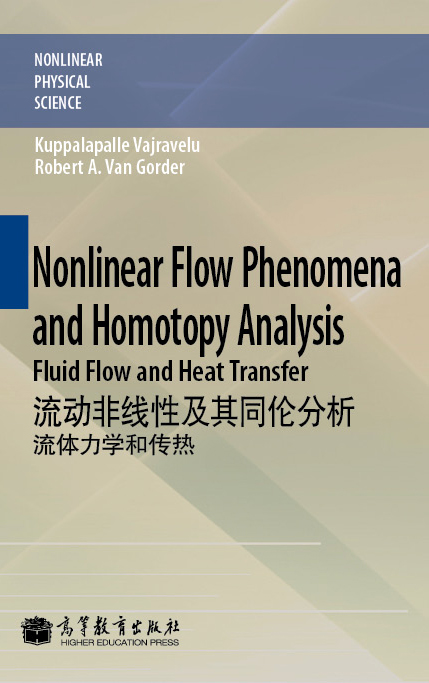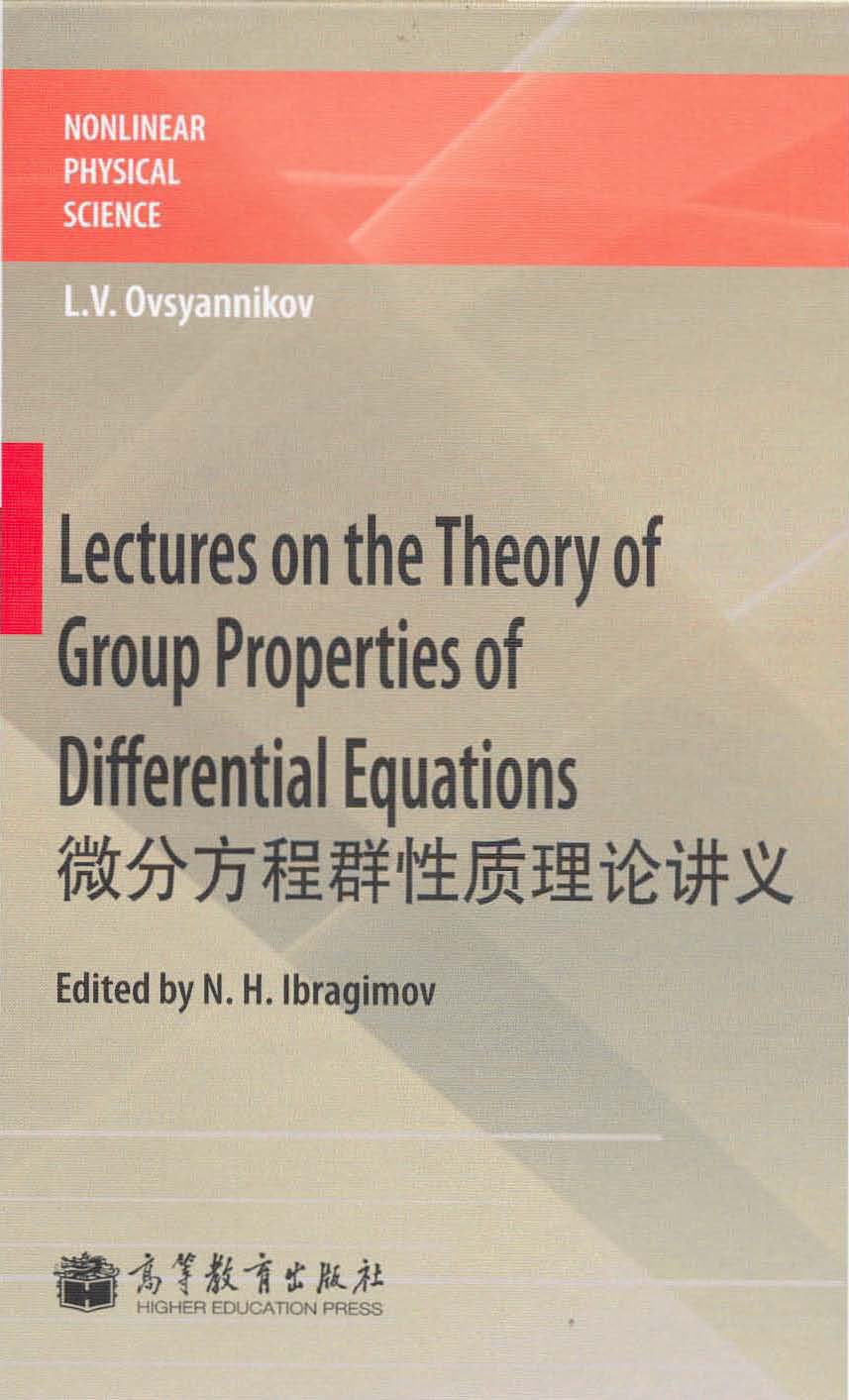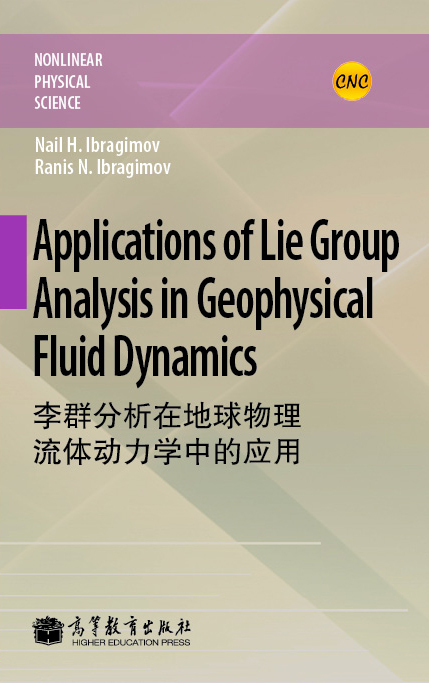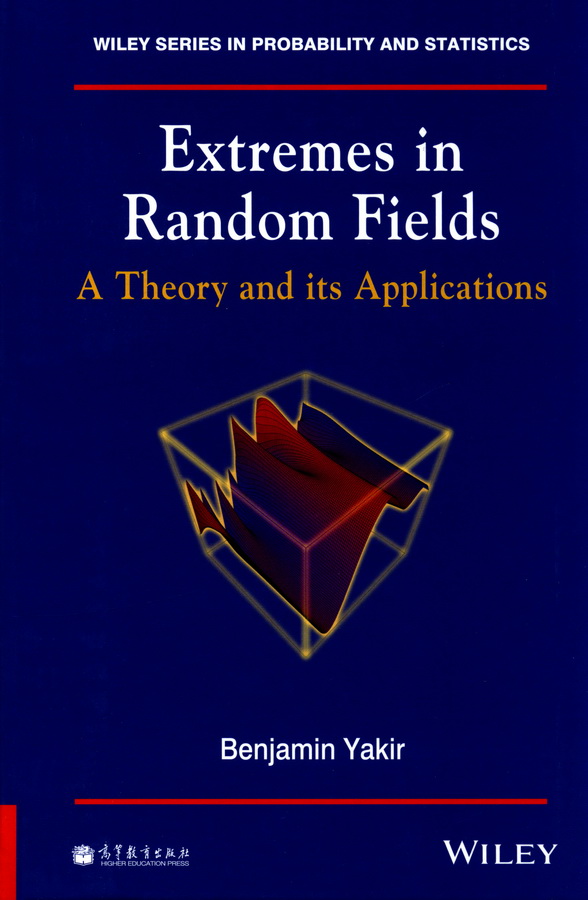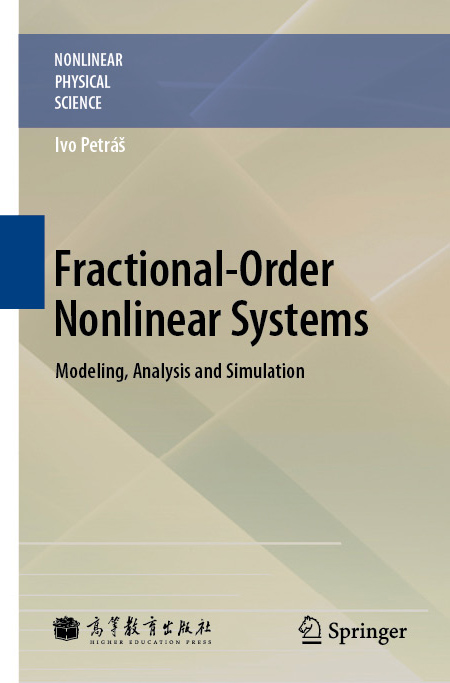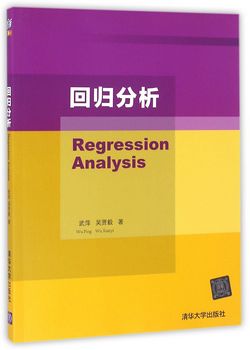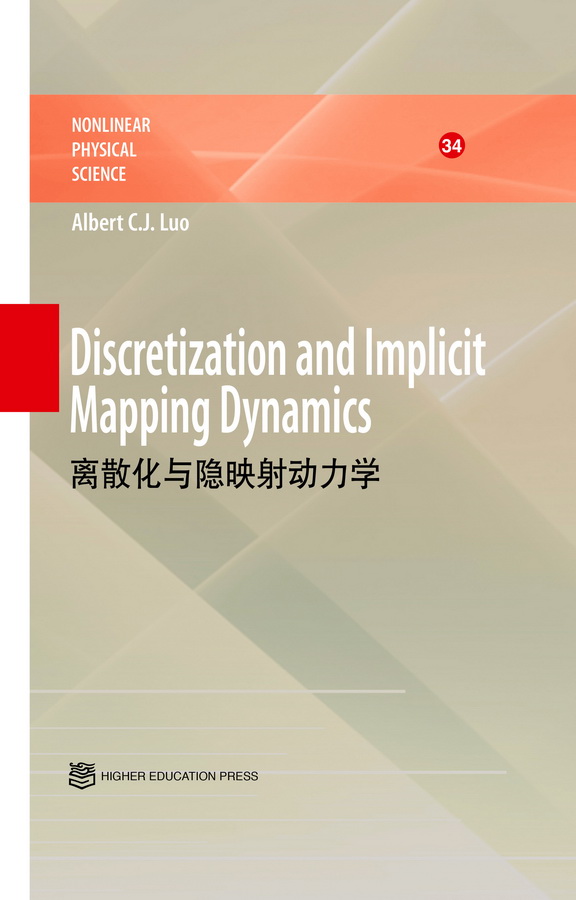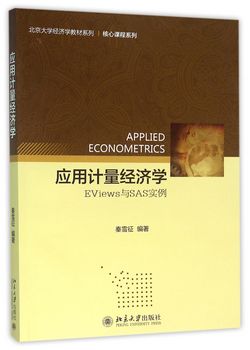流动非线性及其同伦分析:流体力学和传热(英文版)
作者: Kuppalapalle Vajravelud
出版时间:2012-08
出版社:高等教育出版社
- 高等教育出版社
- 9787040354492
- 1版
- 227524
- 48266008-1
- 精装
- 16开
- 2012-08
- 280
- 204
- 理学
- 数学类
- O35
- 物理、应用数学
- 研究生及以上
科学工程中的很多问题是非线性的,难以解决。传统的解析近似方法只对弱非线性问题有效,但无法很好地解决强非线性问题。同伦分析方法是近20年发展起来的 一种有效的求解强非线性问题的解析近似方法。《流动非线性及其同伦分析:流体力学和传热(英文版)》介绍了同伦分析方法的最新理论进展,但不局限于方法的 理论架构,也给出了大量的流体力学和传热中的非线性问题实例,来体现同伦分析方法的应用性。
《流动非线性及其同伦分析:流体力学和传热(英文版)》适合于物理、应用数学、非线性力学、金融和工程等领域对强非线性问题解析近似解感兴趣的科研人员和研究生。
Front Matter
1 Introduction
References
2 Principles of Homotopy Analysis.
2.1 Principles of homotopy and the homotopy analysis method
2.2 Construction of the deformation equations
2.3 Construction of the series solution
2.4 Conditions for the convergence of the series solutions
2.5 Existence and uniqueness of solutions obtained by homotopy analysis
2.6 Relations between the homotopy analysis method and other analytical methods
2.7 Homotopy analysis method for the Swift-Hohenberg equation
2.7.1 Application of the homotopy analysis method
2.7.2 Convergence of the series solution and discussion of results
2.8 Incompressible viscous conducting fluid approaching a permeable stretching surface.
2.8.1 Exact solutions for some special cases
2.8.2 The case of G _= 0
2.8.3 The case of G = 0
2.8.4 Numerical solutions and discussion of the results
2.9 Hydromagnetic stagnation point flow of a second grade fluid over a stretching sheet
2.9.1 Formulation of the mathematical problem
2.9.2 Exact solutions
2.9.3 Constructing analytical solutions via homotopy analysis
References
3 Methods for the Control of Convergence in Obtained Solutions
3.1 Selection of the auxiliary linear operator and base function representation
3.1.1 Method of linear partition matching
3.1.2 Method of highest order differential matching
3.1.3 Method of complete differential matching
3.1.4 Initial versus boundary value problems
3.1.5 Additional options for the selection of an auxiliary linear operator.
3.1.6 Remarks on the solution expression.
3.2 The role of the auxiliary function
3.3 Selection of the convergence control parameter
3.4 Optimal convergence control parameter value and the Lane-Emden equation of the first kind
3.4.1 Physical background
3.4.2 Analytic solutions via Taylor series
3.4.3 Analytic solutions via homotopy analysis
References
4 Additional Techniques
4.1 Construction of multiple homotopies for coupled equations
4.2 Selection of an auxiliary nonlinear operator
4.3 Validation of the convergence control parameter
4.3.1 Convergence control parameter plots (“ ¯h-plots”)
4.3.2 Minimized residual errors
4.3.3 Minimized approximate residual errors
4.4 Multiple homotopies and the construction of solutions to the F¨oppl-von K´arm´an equations governing deflections of a thin flat plate
4.4.1 Physical background
4.4.2 Linearization and construction of perturbation solutions
4.4.3 Recursive solutions for the clamped edge boundary data
4.4.4 Special case: The thin plate limit h→0,ν 2 →1
4.4.5 Control of error and selection of the convergence control parameters
4.4.6 Results
4.5 Nonlinear auxiliary operators and local solutions to the Drinfel’d-Sokolov equations.91 4.6 Recent work on advanced techniques in HAM
4.6.1 Mathematical properties of ¯h-curve in the frame work of the homotopy analysis method
4.6.2 Predictor homotopy analysis method and its application to some nonlinear problems
4.6.3 An optimal homotopy-analysis approach for strongly nonlinear differential equations
4.6.4 On the homotopy multiple-variable method and its applications in the interactions of nonlinear gravity waves
References
5 Application of the Homotopy Analysis Method to Fluid Flow Problems
5.1 Thin film flow of a Sisko fluid on a moving belt
5.1.1 Mathematical analysis of the problem
5.1.2 Application of the homotopy analysis method
5.1.3 Numerical results and discussion
5.2 Nano boundary layers over stretching surfaces
5.2.1 Formulation of the problem
5.2.2 Application of the homotopy analysis method
5.2.3 Analytical solutions via the homotopy analysis method
5.2.4 Numerical solutions
5.2.5 Discussion of the results
5.3 Rotating flow of a third grade fluid by homotopy analysis method
5.3.1 Mathematical formulation
5.3.2 Solution of the problem
5.3.3 Results and discussions
5.4 Homotopy analysis for boundary layer flow of a micropolar fluid through a porous channel
5.4.1 Description of the problem
5.4.2 HAM solutions for velocity and micro-rotation fields
5.4.3 Convergence of the solutions
5.4.4 Results and discussion
5.5 Solution of unsteady boundary-layer flow caused by an impulsively stretching plate
5.5.1 Mathematical description
5.5.2 Homotopy analytic solution
5.5.3 Results and discussion
References
6 Further Applications of the Homotopy Analysis Method
6.1 Series solutions of a nonlinear model of combined convective and radiative cooling of a spherical
6.1.1 Basic equations
6.1.2 Series solutions given by the HAM
6.1.3 Result analysis
6.1.4 Conclusions and discussions.
6.2 An ill-posed problem related to the flow of a thin fluid film over a sheet
6.2.1 Introduction and physical motivation
6.2.2 Formulation of the three-parameter problem
6.2.3 A related four-parameter ill-posed problem
6.2.4 Analytical solution for f (η) via the homotopy analysis method.
6.2.5 Results and discussion
References
Subject Index
Author Index
版权

